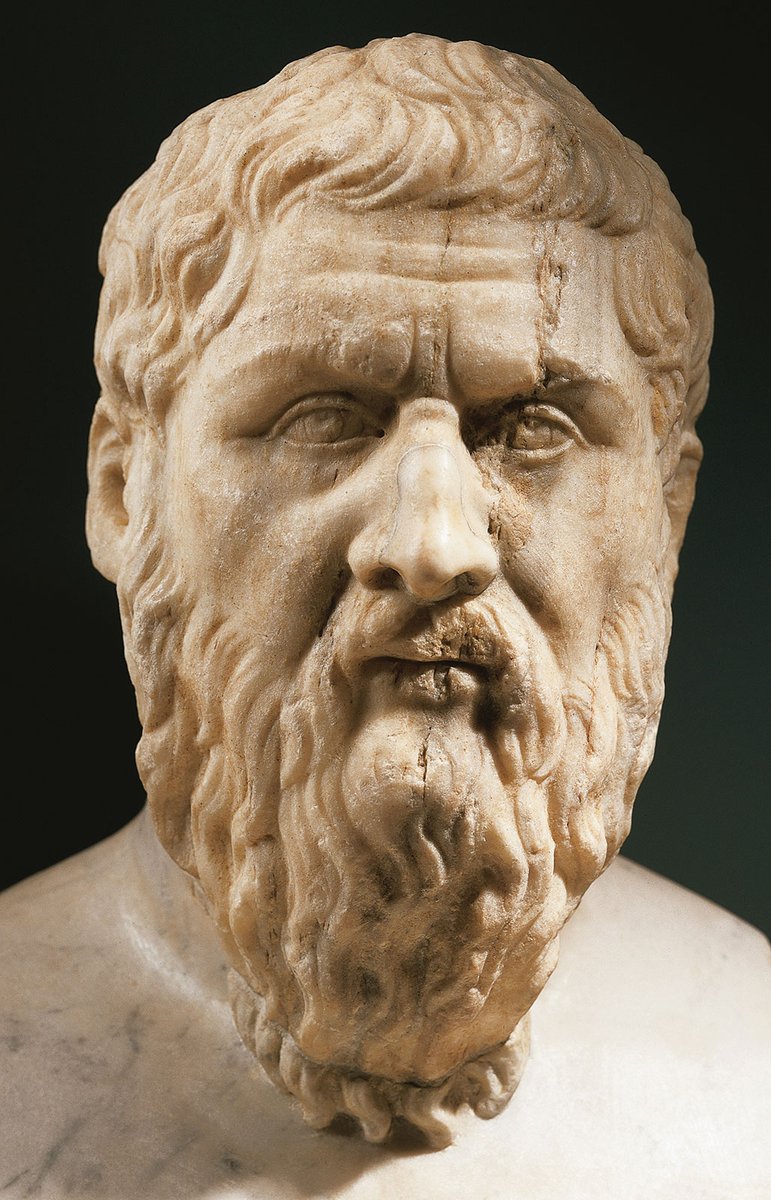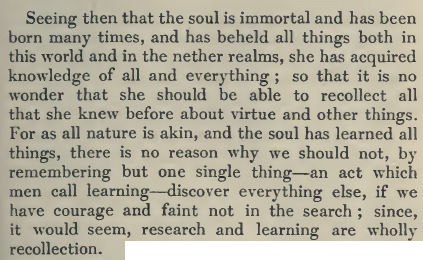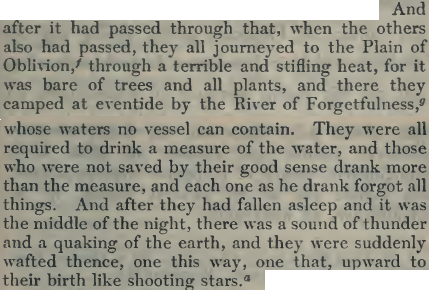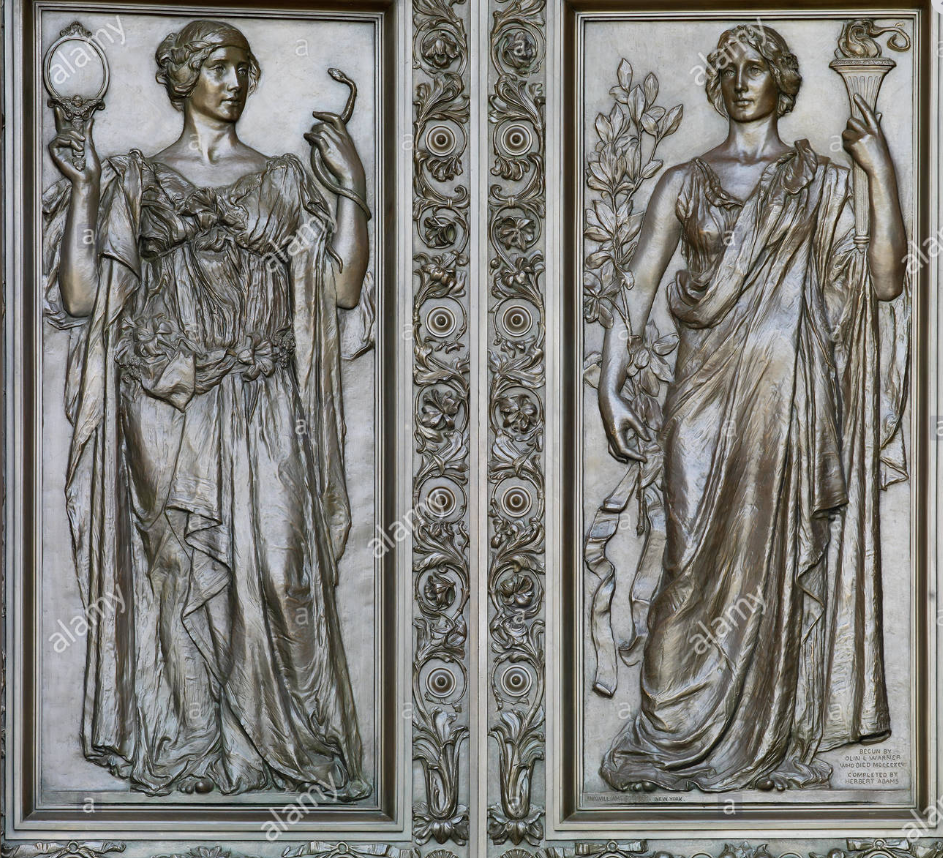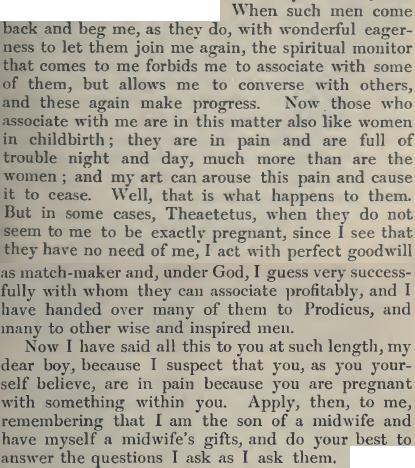Rebirth and recollection are two important concepts for Platonic epistemology (theory of knowledge), known as μετεμψύχωσις (metempsychosis, usually translated as "transmigration of souls") and ἀνάμνησις (anamnesis, literally "recollection") respectively.
According to Plato, the soul is immortal, has incarnated many times and for this reason should be able to remember what she knew before. In this sense, rebirth and recollection are interwoven concepts and learning is actually an act of remembering. So it is said in "Meno":
Forgetting occurs at birth. In "Republic", Plato tells the tale of Er, son of Armenius, who returned from the realm of the dead. At the end of the account, we are informed that the soul forgets for she drinks from the River Λήθη (Lethe, "forgetfullness") before reincarnate:
Λήθη, we must remember, is related to ἀλήθεια (aletheia, "unforgetfullness", "unconcealment"), commonly translated in Western tradition as "truth". So we are allowed to say that remembering is an act of aletheia par excellence, truth in its primordial sense.
Recollecting is to reborn. In forgetfullness we are as pregnant women in childbirth and Plato's Socrates and his method, maieutics (from μαιευτικός, "of midwifery"), lift the veil of forgetfullness and let one (re)birth as one remembers. From "Theaetetus":

 Read on Twitter
Read on Twitter